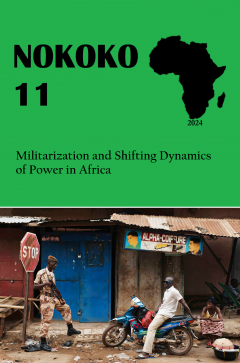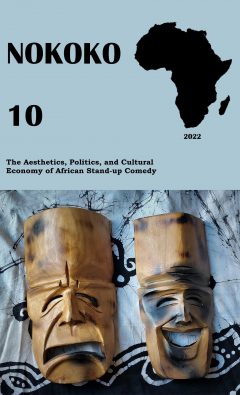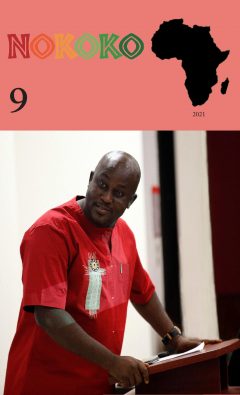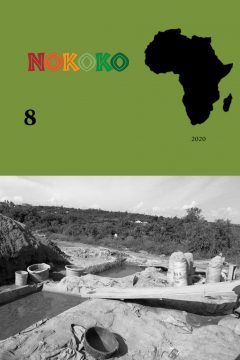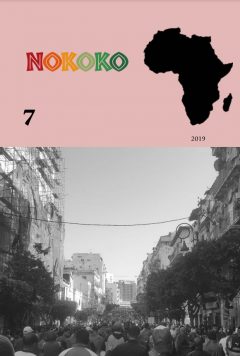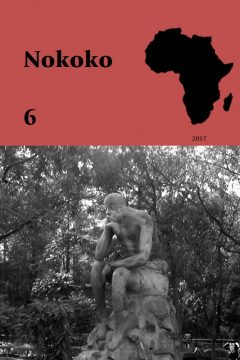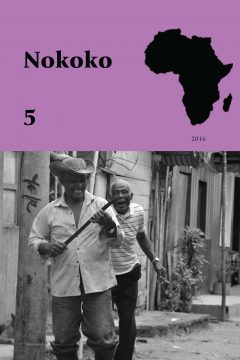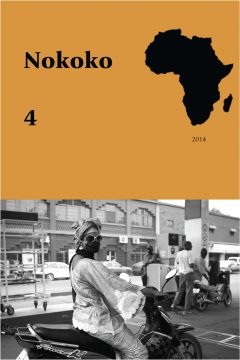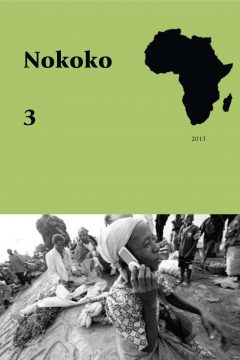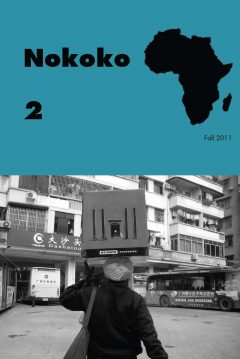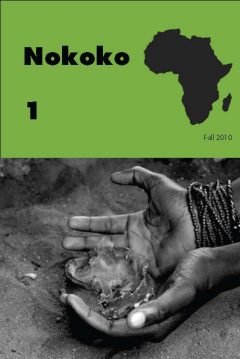Nokoko Vision and Mission
We are committed to a world where people are free from all forms of oppression and exploitation, where respect for individuals’ varied differences is maintained, and where everyone can realise their full potentials.
A critical step in creating such a world requires us to analyze, reflect on, and debate the world as it is, as it might, could, or should be.
Nokoko aims to be a site for such important conversations related to Africa, the African diaspora, and the continent’s relationship with the rest of the world. Nokoko is a platform for public intellectuals, academics, social movements and organizations that share our vision.
Hosted by the Institute of African Studies, at Carleton University (Ottawa, Canada), the journal Nokoko offers a space for emerging and established scholars to publish and engage in discussions about their work on Africa and the African diaspora. Published annually, articles and contributions to the journal are peer-reviewed. Submissions should be robust, clearly written and accessible to academic and non-academic readership alike (see below for author guidelines).
‘Nokoko’ is a Ga word that means something new, novel, surprising and interesting.
Nokoko is currently published once a year.
Nokoko is referenced by ProQuest’s “Black Studies Center” (http://www.proquest.com/en-US/catalogs/databases/detail/bsc.shtml) and is recognized as a refereed journal by Ulrich.
****************************************************************************************************
NokokoPod
We also have a new podcast series, NokokoPod. NokokoPod is a companion to the journal, covering current African issues. It aims to bring forth new perspectives that broaden, trouble, complicate and enrich current discourses. Edited and annotated versions of the conversations will be made available on the journal website. Visit the website to hear (or read) the insights on topics such as Changes in Ethiopia, the Changing Landscape of Freedoms in Tanzania and Protests in Sudan.
